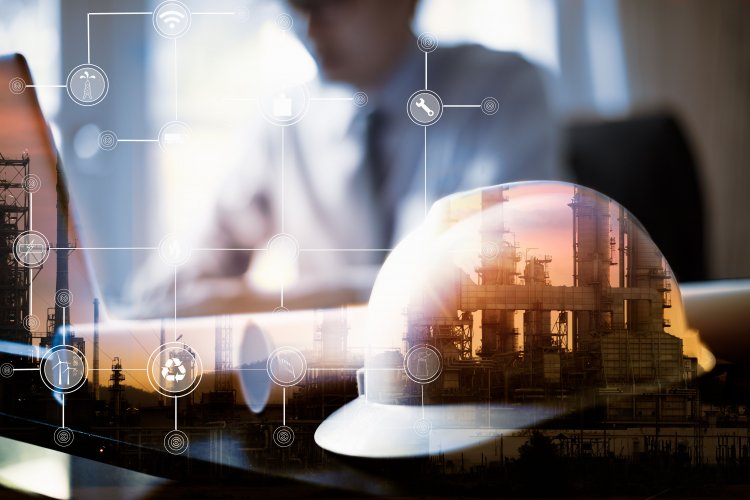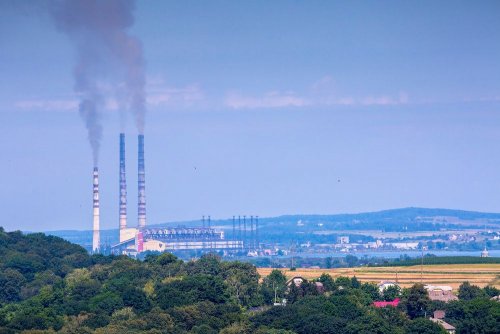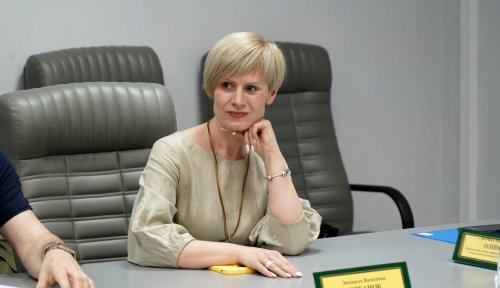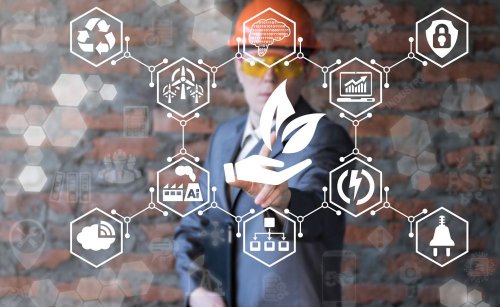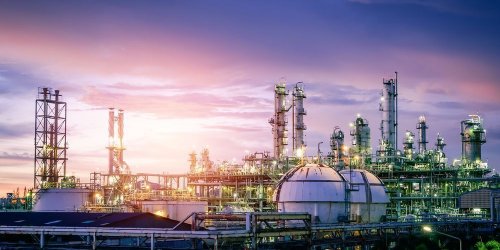Law No. 11355 "On integrated prevention and control of industrial pollution" creates additional difficulties for Ukrainian enterprises in wartime conditions due to the too short period provided for the transition to new environmental requirements.
This is written by the Eurometal publication with reference to the Fastmarkets agency.
Experts warn that stakeholders in Ukraine have very limited time to comply with the requirements of the new law. Accordingly, there is another challenge in addition to the ones that businesses already face due to the need to manufacture in wartime conditions.
"Ukraine wants to simplify its accession to the European Union. This means that our business will need to switch to new standards faster than expected," the spokesperson of the key Ukrainian steel enterprise "Metinvest" told Fastmarkets.
He noted that the new law causes concern because of the short period of time allocated for modernization and the economic pressure it will exert on the enterprise.
A Metinvest spokesman also emphasized that the conditions under which the best available technologies and methods (BATM) should be implemented and obsolete equipment decommissioned could become a problem in wartime.
According to the law, within 4 years from the date of entry into force of the law, companies must obtain an integrated environmental permit with established specific emissions and waste standards for enterprises.
A spokesman for ArcelorMittal Kryvyi Rih (AMKR) told Fastmarkets that by October 2028, which is the deadline for applications for such a permit, their company must complete a large number of preparatory actions and have an investment plan ready, as well as potential sources of financing for modernization equipment, in accordance with BATM in production.
"In the conditions of martial law, when companies are economically unstable, these requirements are extremely difficult. It is not clear how we will be able to carry out ecological modernization, and which international companies are ready to visit Ukraine to perform construction and engineering works", AMKR told the publication.
The company also said that at the time of the start of the full-scale invasion, Ukrainian steel companies had already begun cooperation with foreign engineering and technology companies on modernization projects.
"The law can help attract funding for our environmental initiatives. However, it is extremely difficult to attract foreign financing for a plant over which rockets fly every day," Metinvest noted.
The influence of CBAM on the decarbonization policy of Ukraine
Fastmarkets states that even after the end of August 2023, when the "sea corridor" allowed the export of iron and steel products through the ports of greater Odesa, the EU remains a key market for products of Ukrainian origin.
According to market sources, more than 80% of finished metallurgical products of Ukraine and 80% of iron ore are exported to the EU, therefore it is extremely important for Ukraine to coordinate its decarbonization policy with the European Union.
Metinvest and ArcelorMittal Kryvyi Rih, key players in Ukrainian metallurgy, are considering the possibility of switching to steel production using electric arc furnaces or other technologies that will help reduce emissions. But with a high probability, this will become possible only after the end of hostilities.
Earlier, EcoPolitic wrote, that on August 6, the President of Ukraine Volodymyr Zelensky signed Law No. 11355 "On Integrated Prevention and Control of Industrial Pollution".

